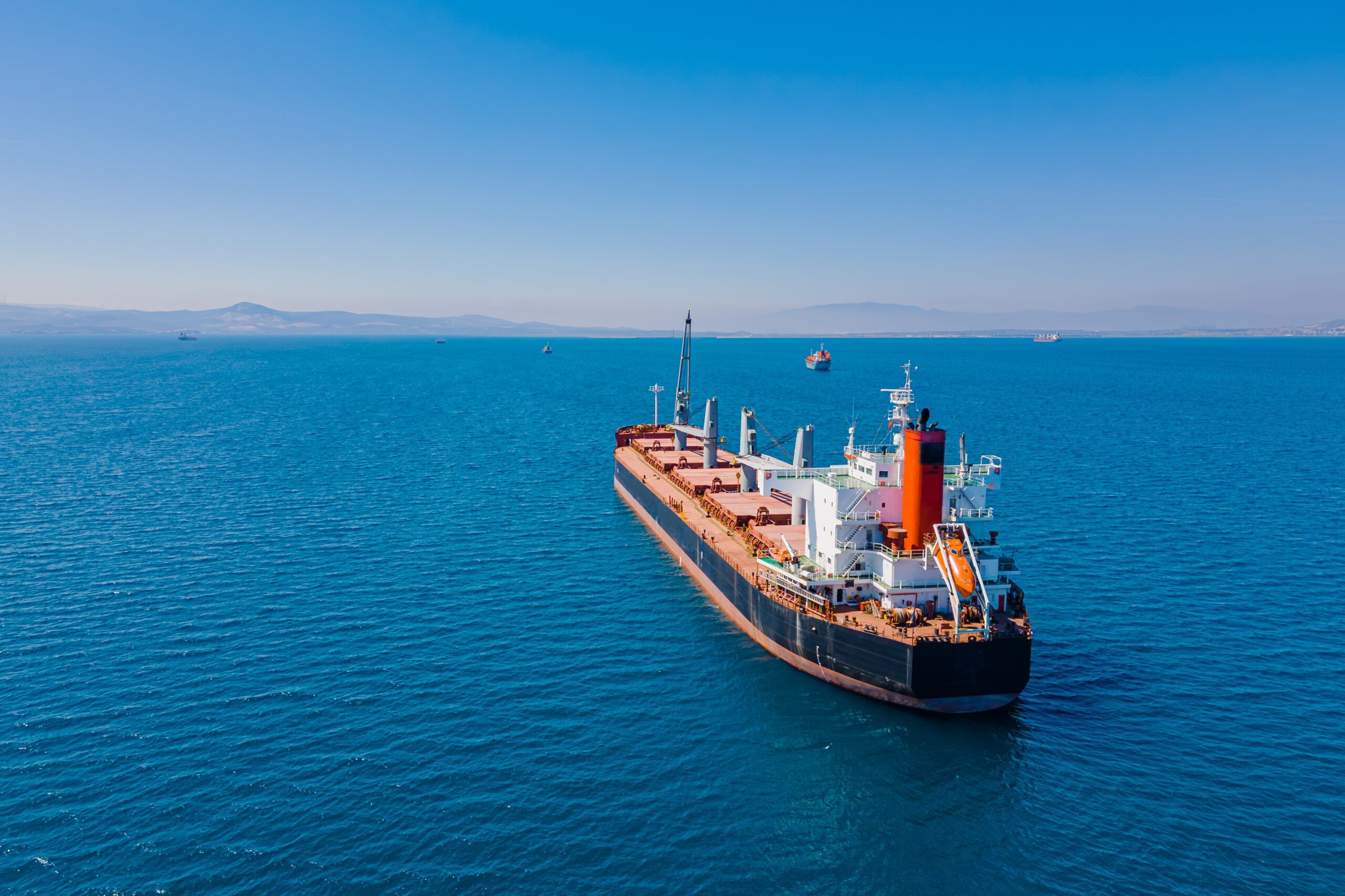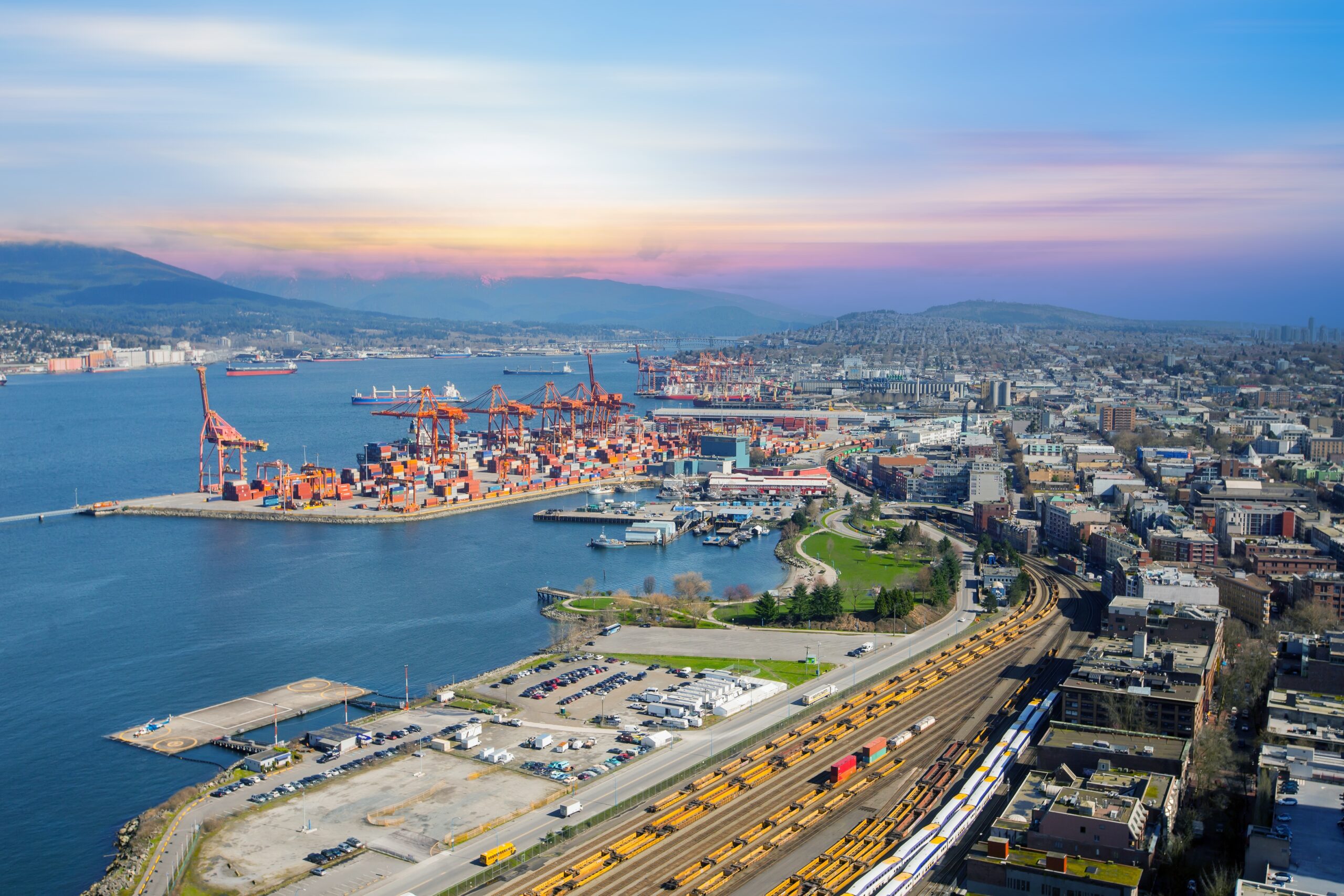CargoMetrics Refined Oil Pack and Coal Pack Take Data-Driven Insights to a New Level for Commodity Trading

Shipping metrics are often a leading indicator for the global economy and have been since the days of sail when clerks recorded ships arriving at port and sent reports by mail or telegraph. Throughout, significant and interconnected stories are told in maritime trade data where, for example, a decrease in refined oil exports may reflect reduced refinery utilization that drives a change in energy costs and consequent impact to the stock prices of companies in the transportation market.
To continue to provide valuable insight related to global maritime trade in support of investment and trading decisions, CargoMetrics recently added to its suite of offerings with the launch of two new commercial data products that measure seaborne commodity trade: the Coal Pack and the Refined Oil Pack.
The two new products join CargoMetrics’ commodity group of Better-Built Data™ products, which includes data packs related to Crude Oil, Iron Ore, LNG, LPG, Palm Oil, and Grain trade that were released this year. Each product features point-in-time daily data with global coverage and a long history.
“The capabilities of our maritime system allow us to uniquely address the needs of customers in our target markets. These two new products reflect our comprehensive, fully systematic approach to modeling maritime trade and our emphasis on trustworthiness and consistency,” said CargoMetrics CEO Jes Scully. “The Coal Pack and Refined Oil Pack are the latest in our line of authoritative data products designed for quantitative researchers, investment analysts, and traders. Generally, there is a growing appetite for alternative data and we are observing a particularly strong appetite in the investment management domain for CargoMetrics’ real-world, observational maritime trade data.”
Strategic Insights in the Coal Pack
The Coal Pack measures thermal and metallurgical coal trade, in metric tons, involving more than 35 countries — comprising more than 90% of global imports and exports. The point-in-time data is updated daily and is available on AWS Data Exchange. The product is designed to inform trading in financial markets, including the Newcastle, Rotterdam, and Richards Bay coal futures markets.
Indicators From a Refined Oil Pack
The Refined Oil Pack measures refined petroleum products trade, in metric tons, among more than 60 countries. Like the Coal Pack, this also comprises more than 90% of global imports and exports. Daily updates of the point-in-time data are available on AWS Data Exchange. The product is designed to inform trading in financial markets, including the RBOB Gasoline, NY Harbor ULSD, Low Sulphur Gasoil, and Jet/Kerosene markets.
How These Products Enable Data-Driven Decision Making
The Coal Pack and Refined Oil Pack include a long history and point-in-time structure that make the data well suited for a wide range of applications. For example, the data sets are used to develop systematic, quantitative trading strategies and to enhance existing fundamental models and price forecasts. They enable broad exploration of seaborne trade by country, trade direction, time and support training, and backtesting exercises as well as use cases requiring custom lags or transformation.
CargoMetrics’ products are derived from its patented maritime system, built with point-in-time considerations from the ground up. This provides a reliable foundation for data-driven decision-making and systematic algorithmic operations as well as an opportunity for discovery of alpha and uncorrelated trading strategies.
CargoMetrics Continues to Innovate
CargoMetrics has long been a leader in the analysis of global maritime trade with a team experienced in data science, financial markets, and maritime trade. Data from CargoMetrics powers analytic applications used and trusted by some of the world’s leading hedge funds, investors, and maritime shipping & logistics firms. The company expects to launch more than ten new products this year related to global commodity trade, environmental impact (including carbon trading), and maritime shipping activity.



